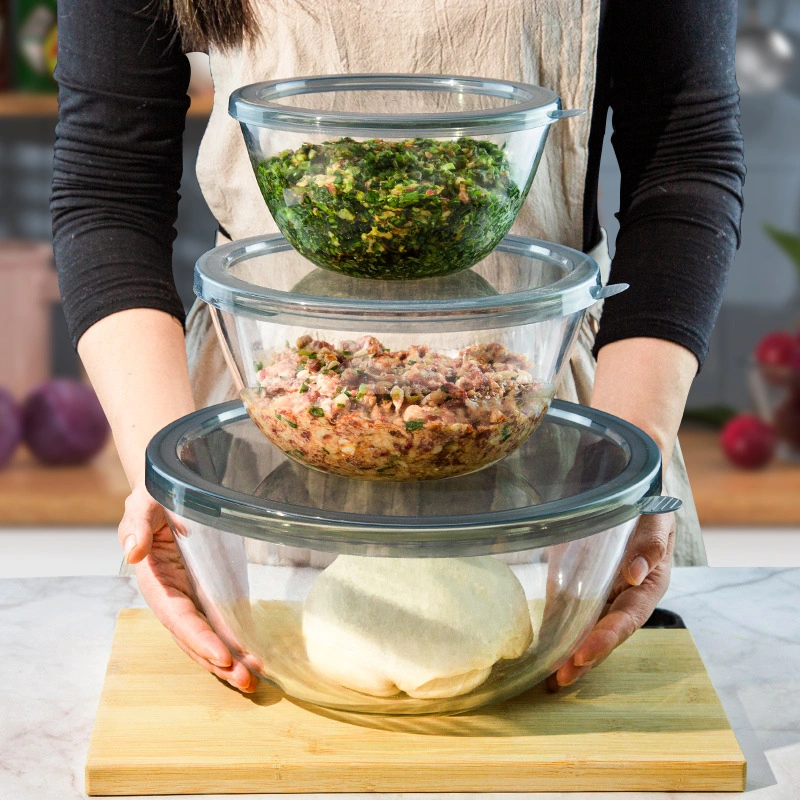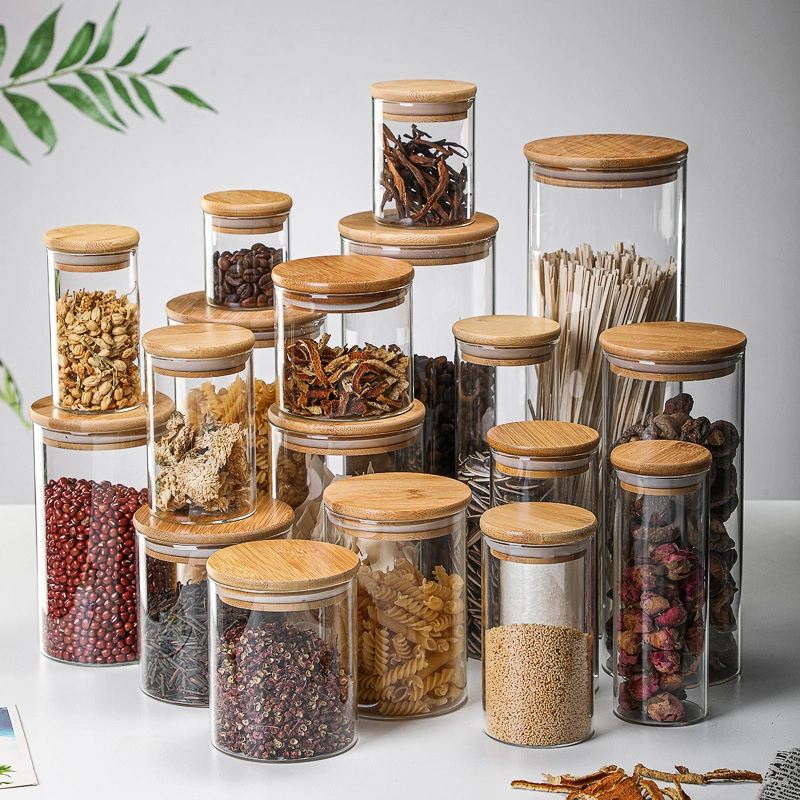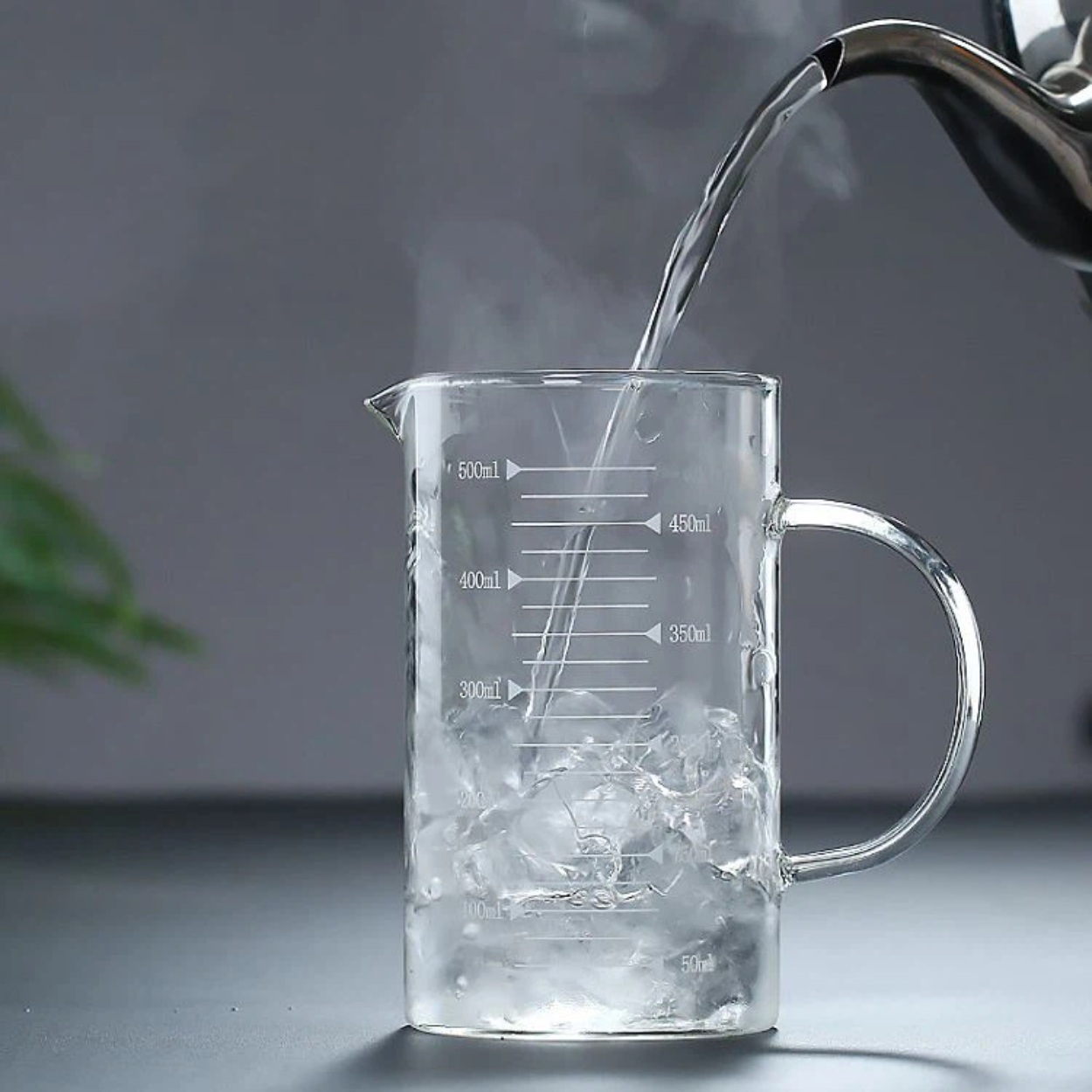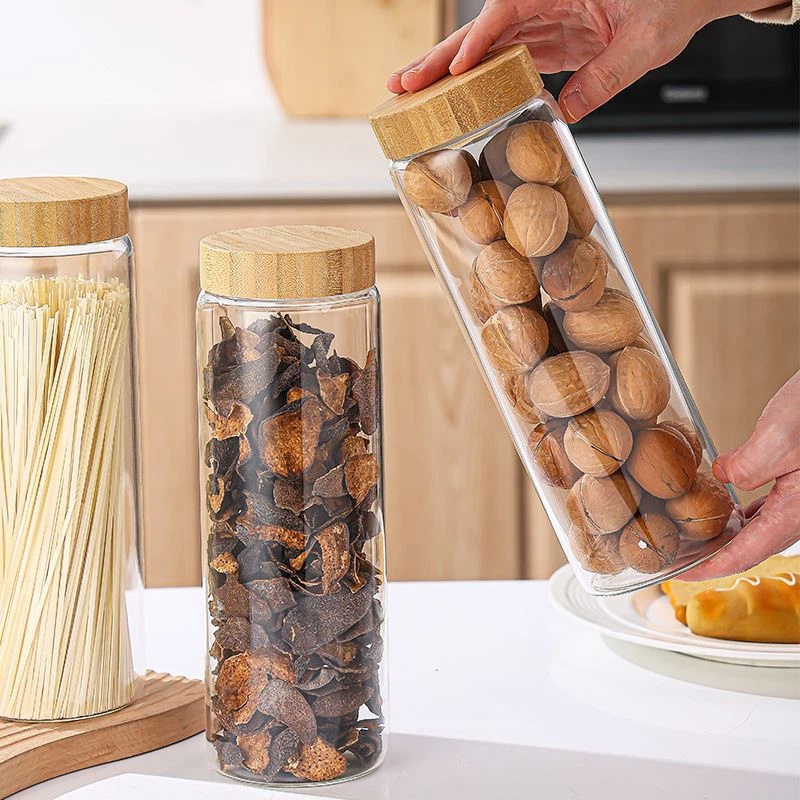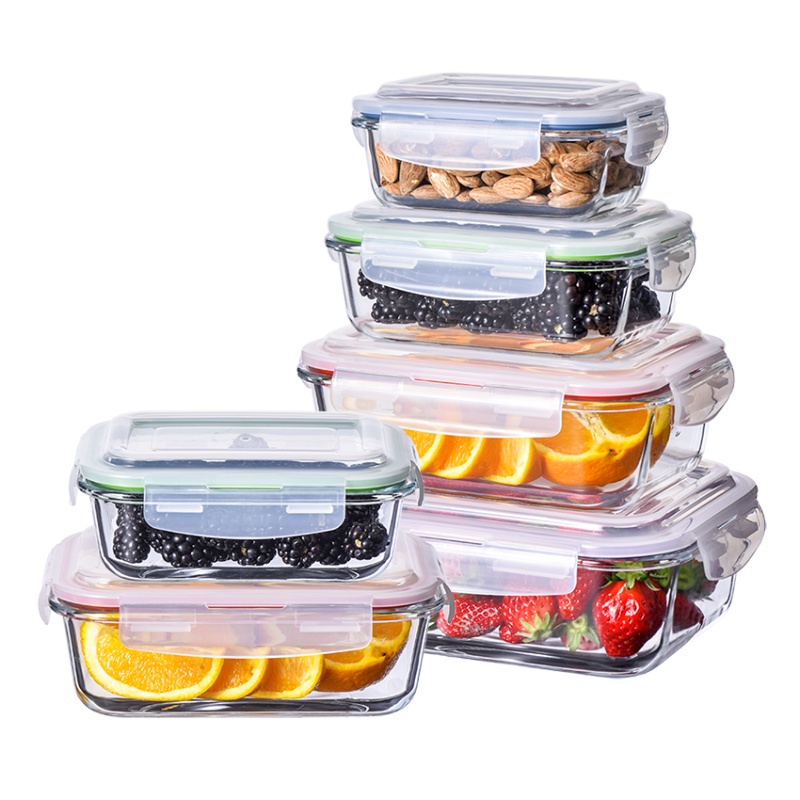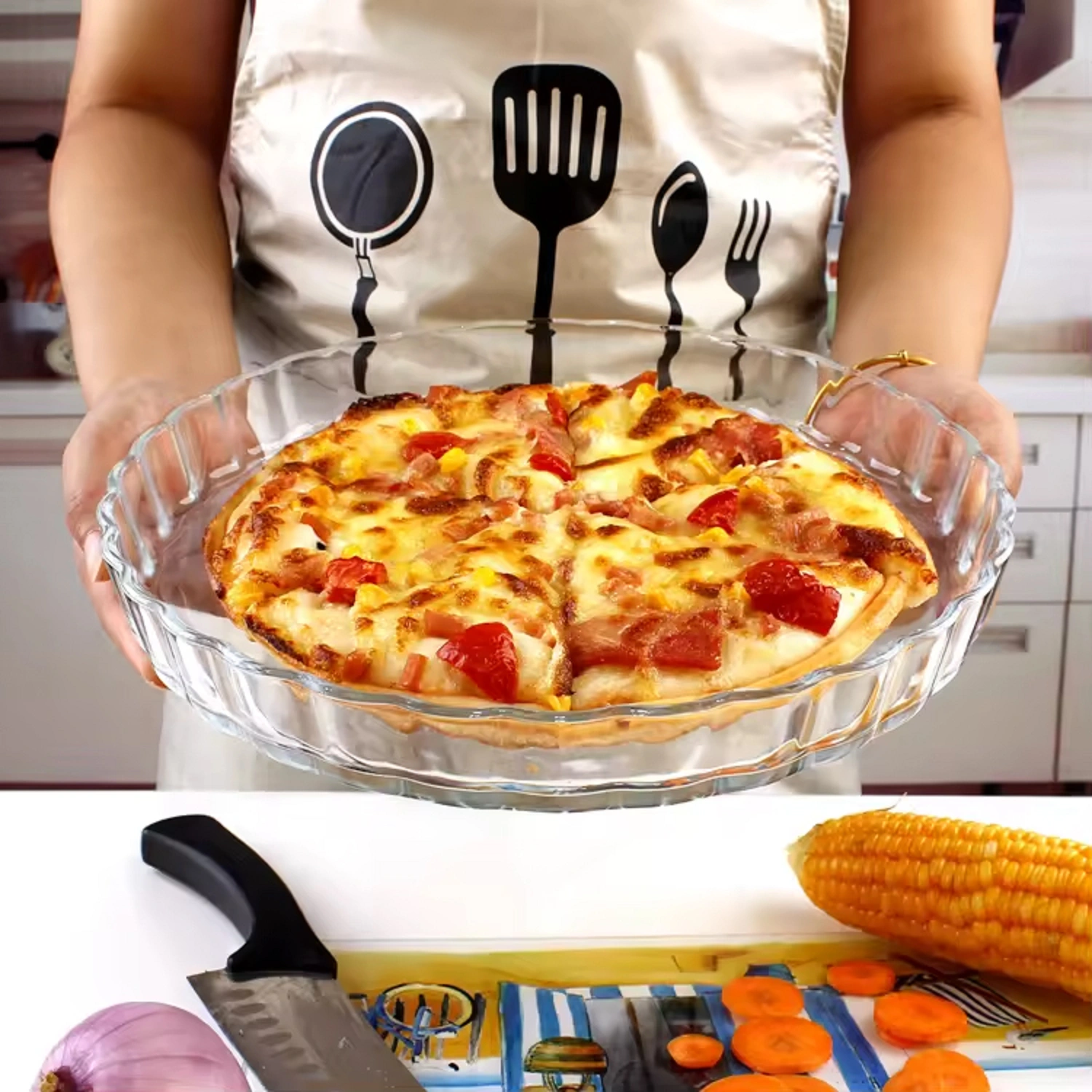What to Look for in Glass Storage Containers
Table of Contents
High borosilicate glass food storage container are versatile and can be used for much more than just storing leftovers at home. There are lightweight options designed for taking lunch on the go, as well as heavier, treated glass containers that can withstand high and low temperatures, making them perfect for baking and freezing. When selecting glass storage containers, consider what you will be storing and how you plan to use them. The type of storage will influence your choice of lid or seal, ensuring that your food stays fresh and secure.
The lid is a crucial component of glass storage containers. Most containers come with silicone or plastic lids. Snap-on lids are excellent for preventing spills and are ideal for travel or storing liquids. If you prefer to avoid plastic, look for containers with silicone lids or glass covers. Although glass is generally microwave-safe, not all lids are. Be sure to check the microwave specifications of the entire set if you plan to heat covered food. This will help you avoid any mishaps and ensure the longevity of your containers.
Capacity
Glass storage containers come in a range of sizes, from large ones suitable for a lasagna to small ones perfect for baby food. The capacity is usually listed in cups or ounces, with dimensions provided in inches. For an all-purpose set, look for a variety of sizes to accommodate different types of leftovers, from vegetables to pot roast. When storing dry goods, consider the shelf life of the items. For instance, spices can lose their flavor over time, and some flours may spoil within months. Tailor your container purchases to your storage needs to maintain freshness and reduce waste.
Safety
Safety is a key factor when choosing glass storage containers. Certain types of glass, such as tempered and borosilicate, are designed to endure extreme temperatures, making them suitable for heating and freezing without the risk of shattering. Untreated glass can typically be frozen, but it must be thawed at room temperature before being placed in an oven or microwave. It is not safe to put untreated glass in the oven. Treated glass, however, can be oven-safe up to certain temperatures, usually around 425℃. Understanding the safety features of your glass containers can prevent accidents and ensure proper usage.
Choosing Canzo Glassware
With over 14 years of experience in the borosilicate glassware industry, Canzo specializes in custom wholesale heat resistant glass food container business, providing high-quality glass storage solutions. Our expertise ensures that our products are both durable and safe, catering to a wide range of storage needs. Whether you are looking for containers for everyday home use, professional kitchen settings, or bulk storage, Canzo glassware offers reliable options designed to meet your specific requirements.
Conclusion
When selecting glass storage containers, consider the purpose, lid type, capacity, and safety to find the best options for your needs. Whether for home use, professional kitchens, or bulk storage, understanding these factors will help you make an informed decision. With Canzo’s extensive experience in the borosilicate glassware field, you can trust our products to provide the quality and durability necessary for effective food storage. Choose Canzo glassware for reliable, safe, and versatile storage solutions.
Newest Blog
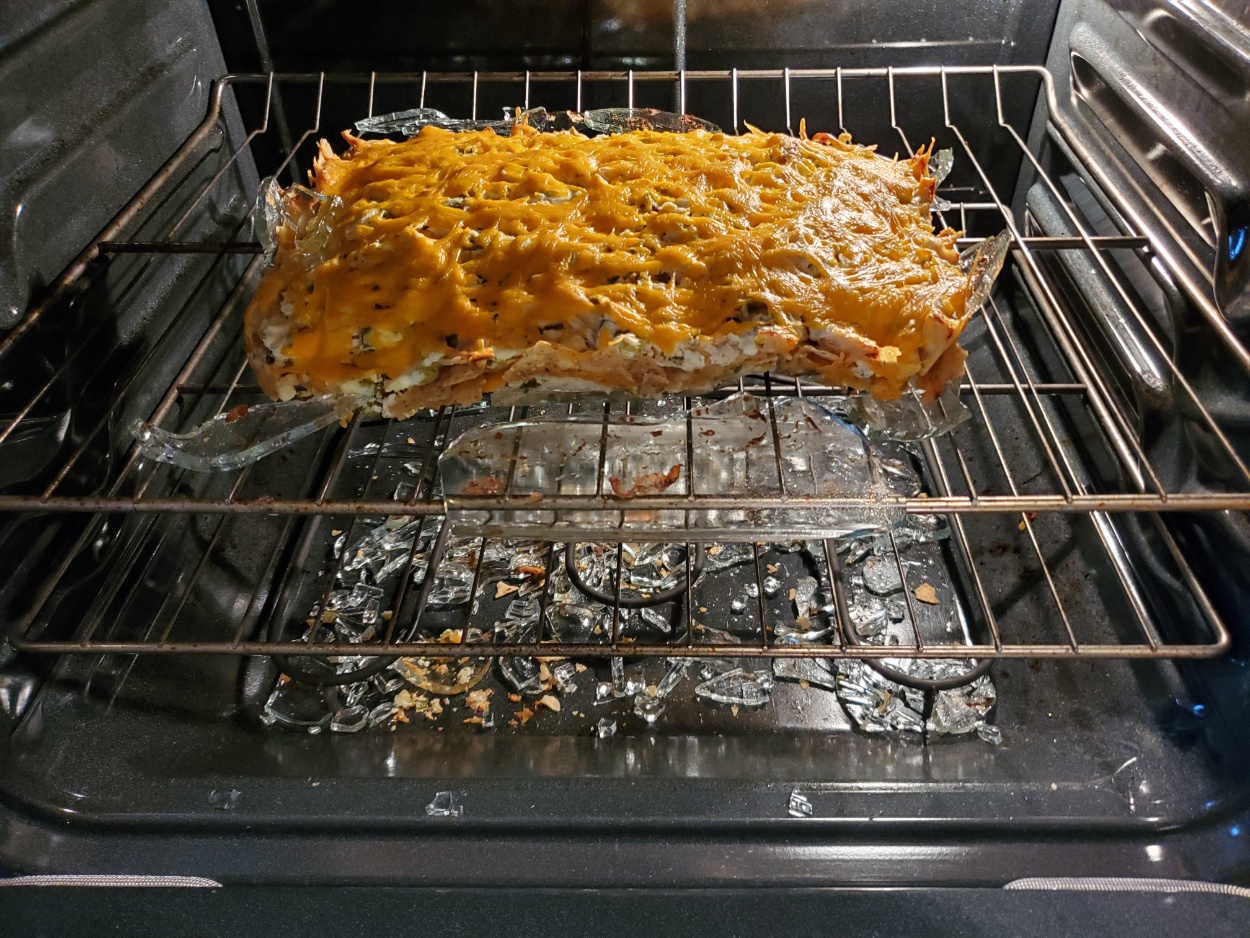
Is Glass Safe In The Oven?
Whether you’re a home cook or a business owner sourcing from a glass lunch box factory, understanding the nuances of oven-safe glass is crucial. We’ll explore the world of durable and reliable custom glass food container options, ensuring you make informed decisions.
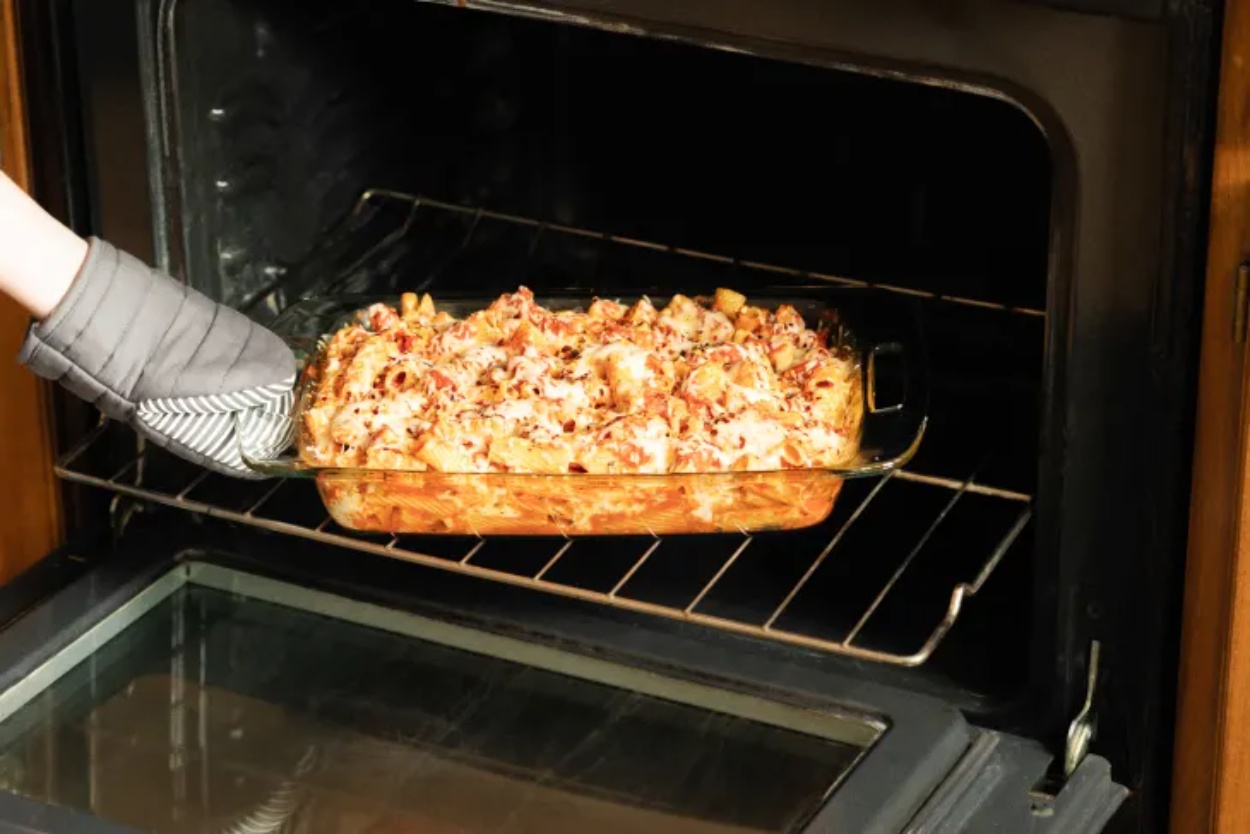
Can You Put Glass In The Oven?
We’ll explore why choosing the right type of glass, particularly from a reliable China glassware factory, is so important, especially if you’re looking for custom glass food storage containers or even a glass lunch box factory.
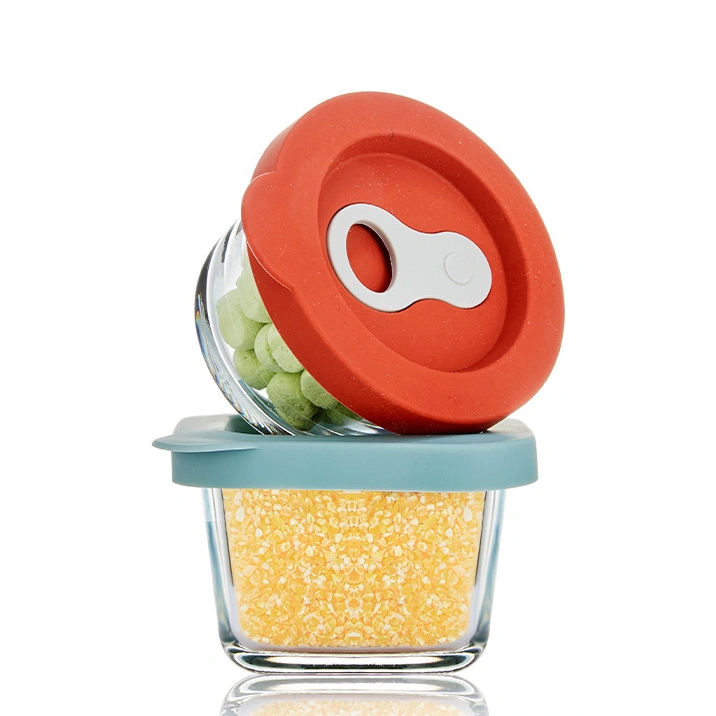
What To Do With Small Glass Containers?
From baby food meal prep, storing leftovers to organizing your craft supplies, small glass containers are super handy!

